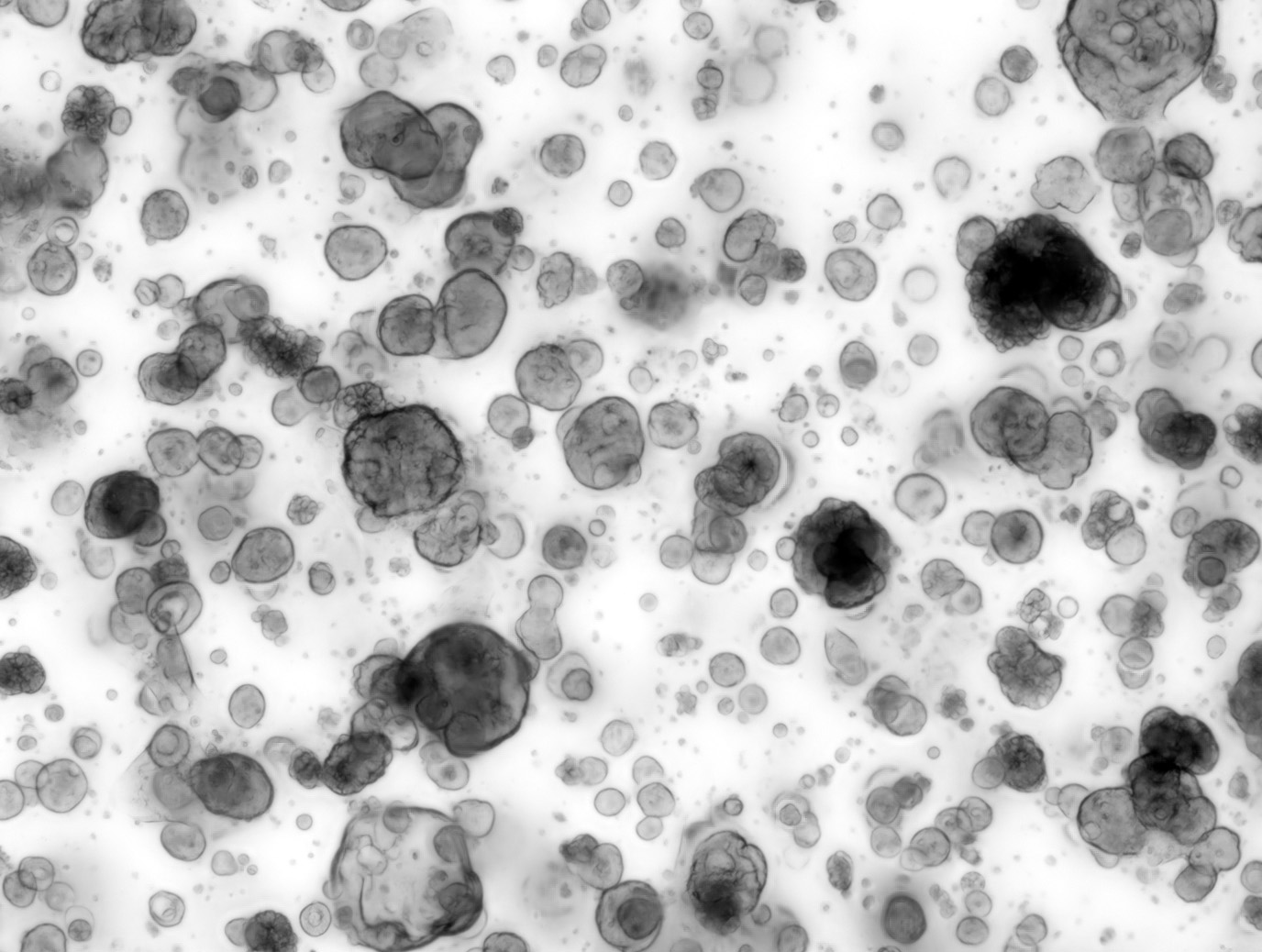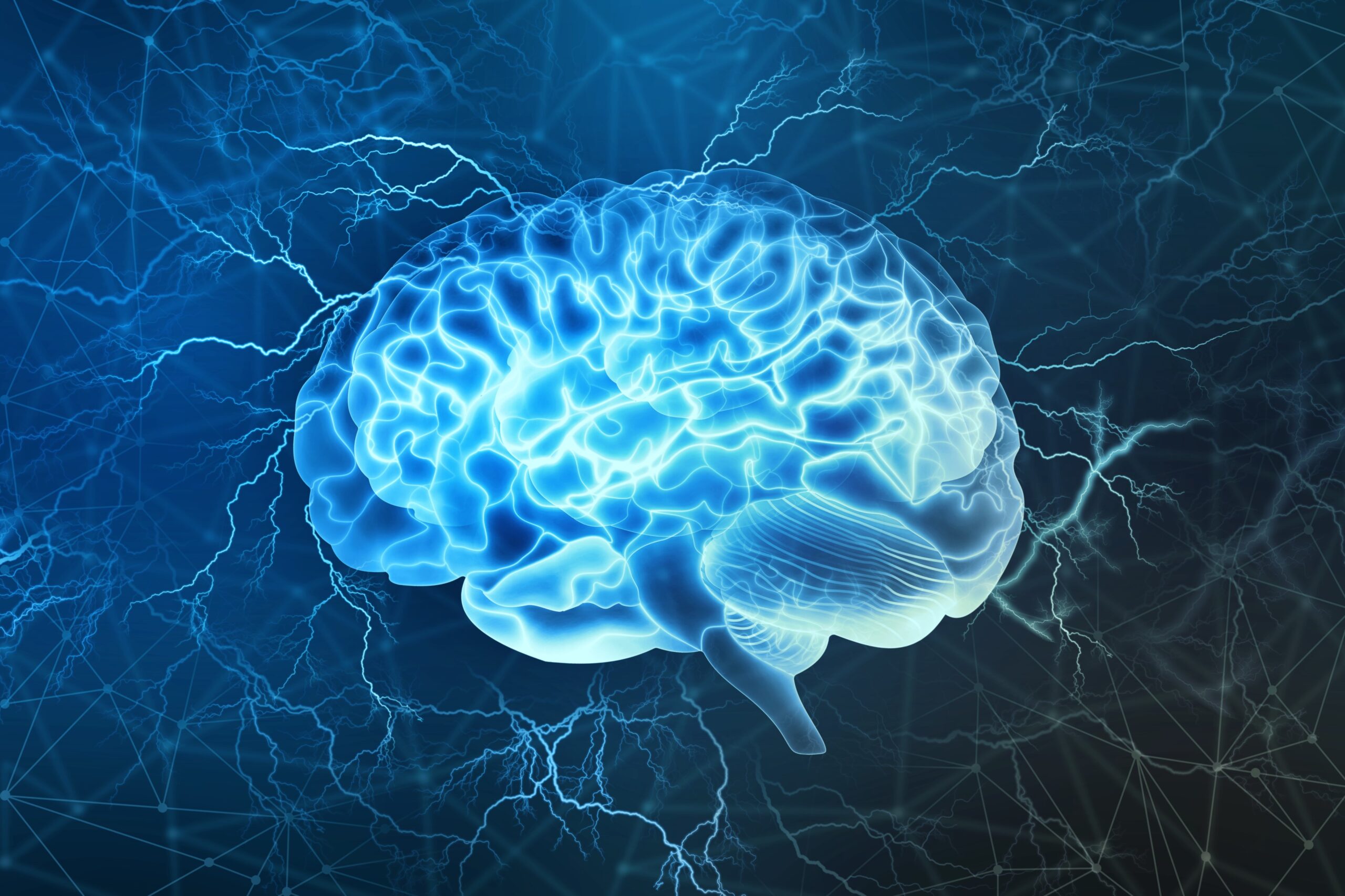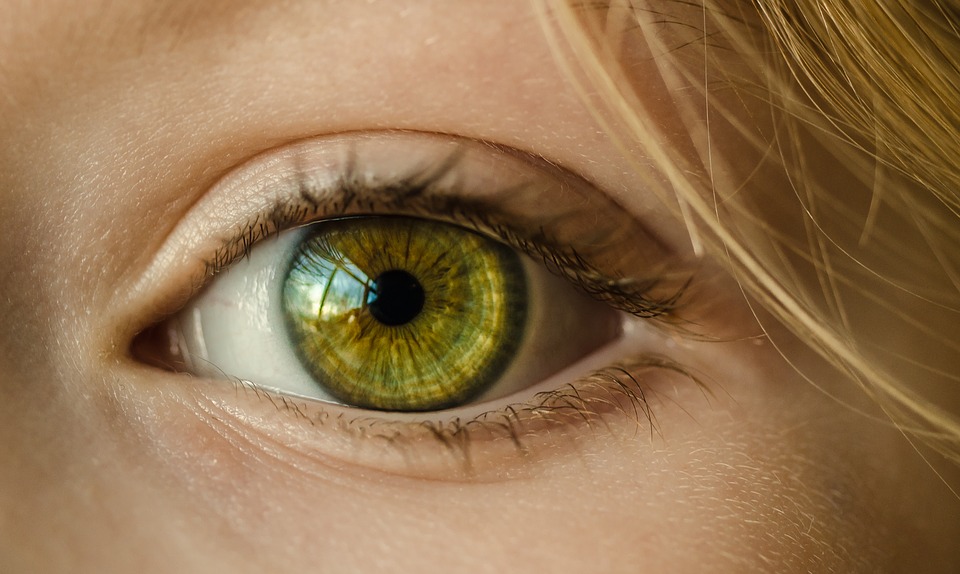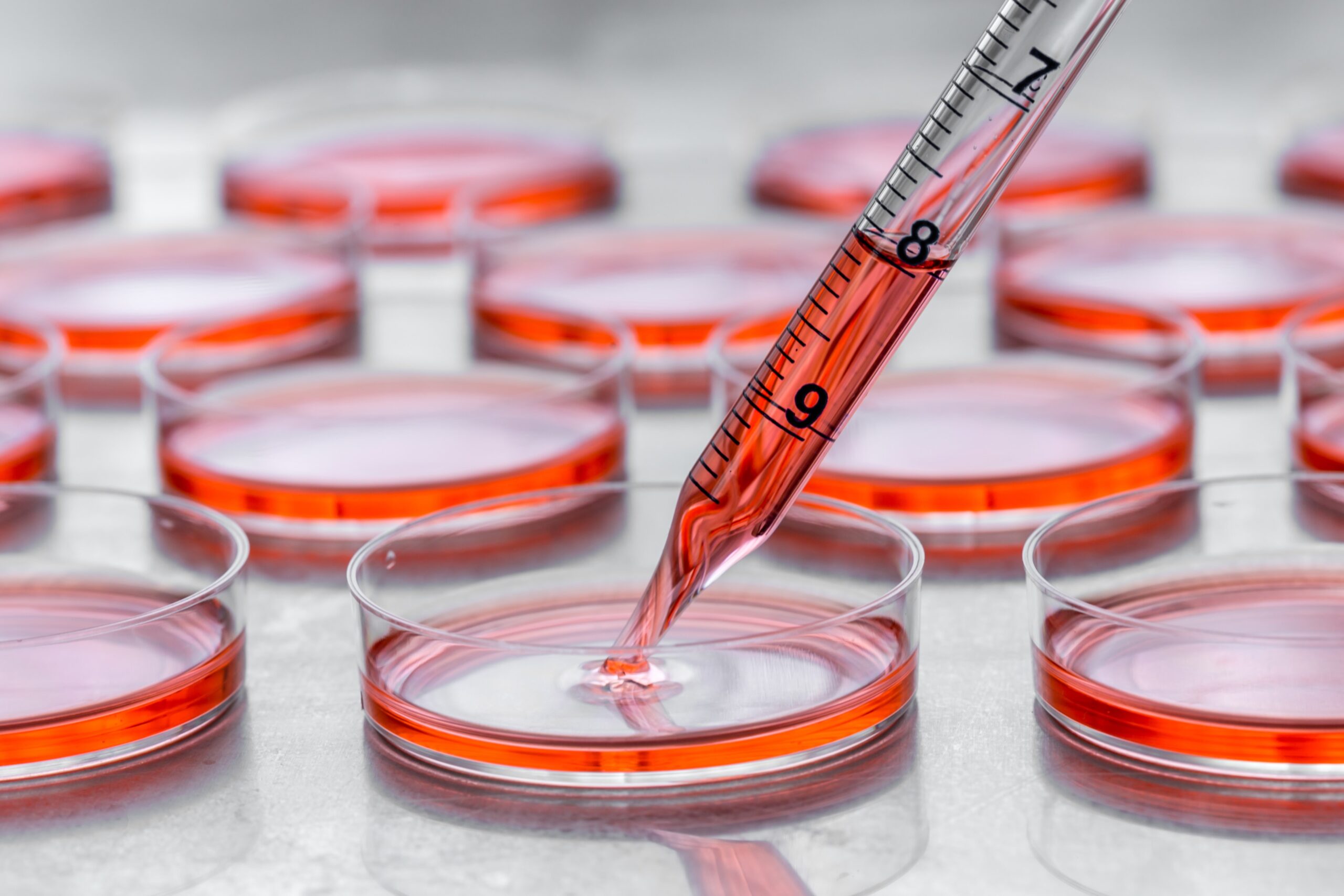A step towards clinic-ready patient-derived organoids
Pancreatic cancer has the highest mortality rate of all major cancers and is projected to become the second-leading cause of cancer-related deaths in the United States by 2030. It is especially difficult to treat because pancreatic tumors grow so quickly and are constantly evolving, making them prone to developing drug resistance. Patient-derived organoids could change …









